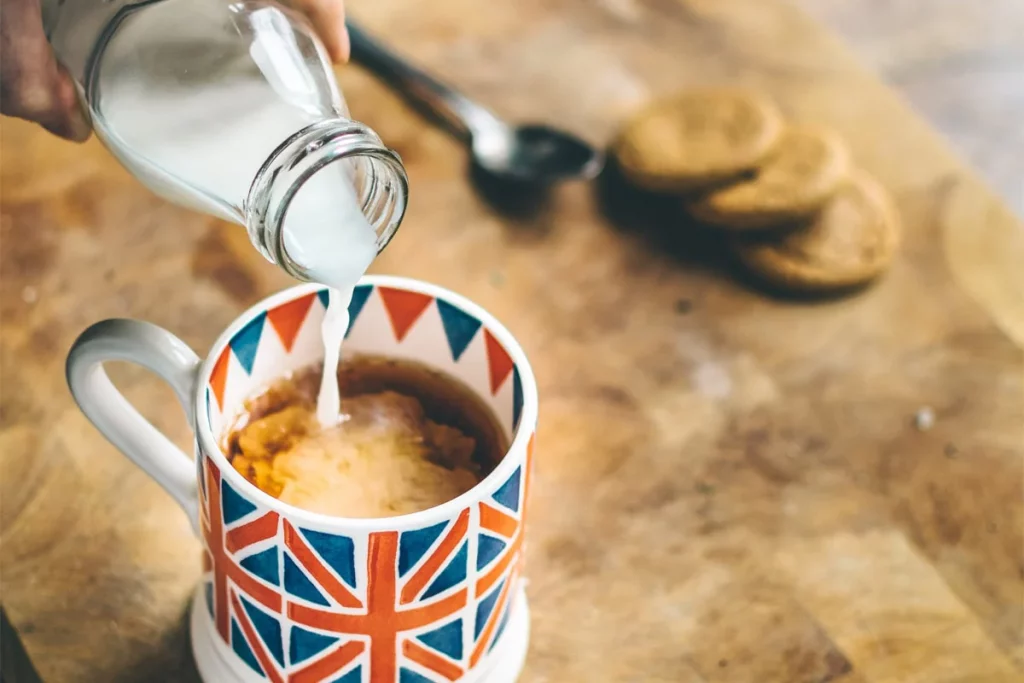
What are the Most Popular Food & Drink Items of TwinsUK Members?
by Aaruthy Suthahar
New research has found that black tea and semi-skimmed milk are the most consumed items by TwinsUK members. The study, which aimed to understand eating patterns, also identified the top paired food items that were most consumed by twins were tomatoes and lettuce.
Researchers found that eating breakfast was not linked to an individual having a lesser or greater BMI (Body Mass Index) status or weight, even though they had a higher calorie intake. However, the team also found that individuals with a longer eating window were strongly associated with an increased BMI and weight. Diet has lots of complexities and variability, with a major effect on human health. It is not only what someone eats that can have ramifications for their health but also how and when. TwinsUK researchers have therefore been investigating the relationship between diet and disease. One key element is to understand individuals typical eating patterns and intake of nutrients.
An EFR (Estimated Food Record) is a type of food questionnaire that allows researchers to understand eating behaviours in individuals by collecting data about all foods consumed in participants over a period. The open-ended style of an EFR means that it can more effectively identify how complex and variable individual diets are compared to methods which are more structured, including further understanding into, for example, eating patterns and of co-occurring foods.
The researchers included 2,184 participants from our TwinsUK cohort between 2012 and 2017 and collected 2343 EFR’s from them. Twins were asked to provide information on the size of their portions, time of their meals, details of food type they consumed, date and a yes/no answer to whether they considered it a standard day’s intake.
The team also found that twins who skipped their breakfast were reported to have a longer eating window than individuals who had breakfast, which could partly explain the lack of consistency in weight and BMI status between the individuals who had breakfast and those who skipped it. Also, time-restricted consumption, like consuming food daily within an 8-to-10-hour window, has been shown to improve glucose tolerance, although further research needs to be carried out in humans.
One limitation of the research is that the study looked at data mostly from women. This means it is difficult to make an accurate conclusion without further clinical studies which include participants more representative of the diversity of the population in the UK.
